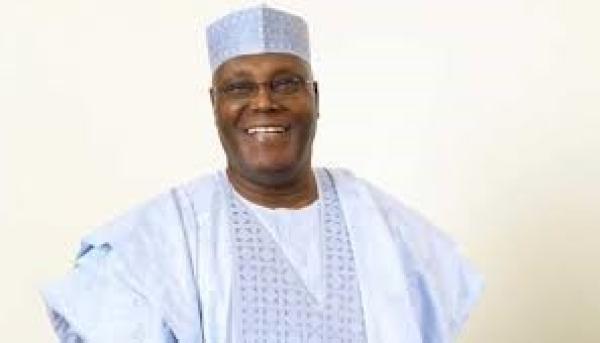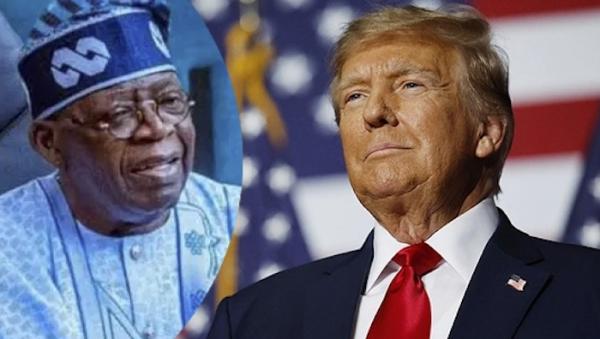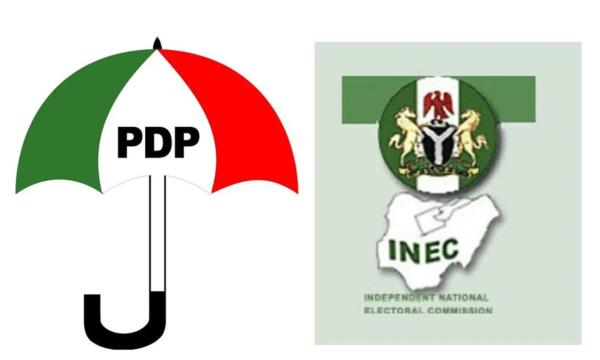
European Union (EU) and Development Financial Institutions (DFI), from Germany have called on the incoming government to expedite action on the Competition and Consumer Bill.
EU Country Representative, Leonard Ugboaja, made the call Thursday in Abuja at the end of a two-day public policy dialogue on integrating the consumer’s voice into the trade policy process in Nigeria.
Ugboaja stressed on the need for the incoming government to speed up action on the bill, which he said has provided that at least one per cent of VAT should be to fund consumer protection activities.
“To this end,we call on the incoming government to expedite action on the Competition and Consumer Bill, which has provided that at least one percent of VAT revenue accruing to the government should be use to fund consumer protection activities through the purpose commission under the bill.
“We also agreed that consumer welfare is the primary duty of the government and that even if donor agencies intervene it should only be complementary to what the government is doing.
“We also agreed that there is need to ensure that the voice of the consumer is reflected in the Nigerian Trade Policy as the national trade strategy, which are document that we have at the moment,” he stated.
On his part, Trade and Policy, Manager of the EU, Alex Retz said there was a need to strike a balance between consumer and producer welfare in trade policy formulation process by fully involving the consumers.
He said: “Trade policy is not just about protecting business, but also about the consumer’s welfare as every stakeholder including the producers were first consumers before they become producers and as such the consumer welfare should be vibrant.
Also speaking, the ECOWAS Director of Trade, Gbenga Obideyi, stressed on the need to include the consumer’s voice into the Trade Policy Process in the country.
Obideyi stated that consumer’s voice is a missing link in the trade policy discourse in Nigeria.
“There is need for more engagement of consumers in trade policy processes in Nigeria, especially by making provision for consumer representation in policy formulation and implementation process and bodies,” he said.
However, at the end of the two-day dialogue, the communiqué which was agreed upon by all the stakeholders read: “We have agreed that the rational behind trade is the exchange of goods and services for the purpose of maximising consumer’s welfare in the form of better access, choice, quality goods and affordable prizes must be pursued always.
“We also pointed out the need for all stakeholders, especially the government and private sector to focus more on issues that directly impact on the competitiveness of business such as infrastructure, corruption, policy inconsistency amongst others, which will yield more benefit and less cost to the economy.
“We also agree that government should reframe from the use of restrictive trade measures, which could exact unnecessary cost on the consumers without corresponding benefits to the economy as a whole both in the immediate and long term.”






















